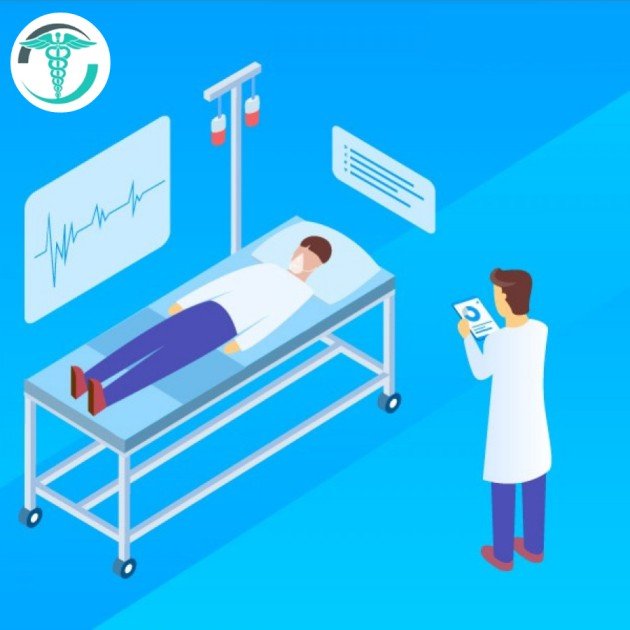General Physician doctors are exceptionally prepared authorities who give a scope of non-surgical medical care to grown-up patients. They care for troublesome, genuine, or abnormal clinical issues and keep on observing the patient until these issues have settled or balanced out.
Much of their work takes place with hospitalized patients and most general physicians diagnose patients in their consulting rooms.
Their wide scope of aptitude separates General Physicians from different masters who limit their clinical practice to issues including just one body framework or to an extraordinary region of clinical information.

ROLES OF A GENERAL PHYSICIAN DOCTOR
General physicians are consultants who care for patients with special or difficult problems. General physicians only see patients who are referred to them by other doctors, usually by the patient’s own general practitioner.
Complex Care: General physicians are specially trained to care for patients with complex illnesses, in which the diagnosis may be difficult. The general physician doctor broad training provides expertise in the diagnosis and treatment of problems affecting different body systems or a part in a patient. They are also trained to deal with the social and psychological impact of the disease.
Global Approach: Whether the referral identifies one health issue or many, the general physician’s assessment is always comprehensive. This global approach enables issues to be detected and diagnostic possibilities to be considered which might otherwise be missed.
Procedures: General physicians are prepared to carry out an assortment of medical procedures for the diagnosis and management of patients with severe and cohttps://en.wikipedia.org/wiki/Physicianmplex sicknesses.
Diagnosis: General physicians have special training in the usefulness, limitations, and costs of most diagnostic tests. General physicians use diagnostic tests logically, safely, and effectively to investigate difficult diagnostic problems.
Treatment: General physicians are trained in the critical analysis of research reports and drug industry claims about new treatments. They are knowledgeable about the complex interactions of medications given simultaneously to treat multiple illnesses in a patient. The general physician has special expertise in making treatment decisions to help patients with complex and serious illnesses.
Pre- and Post-operative assessment: General physicians are frequently asked to review patients before surgery. They advise surgeons of a patient’s risk status and can recommend appropriate management to minimize the risk of the operation. They can also assist in postoperative care and ongoing medical problems or complications.